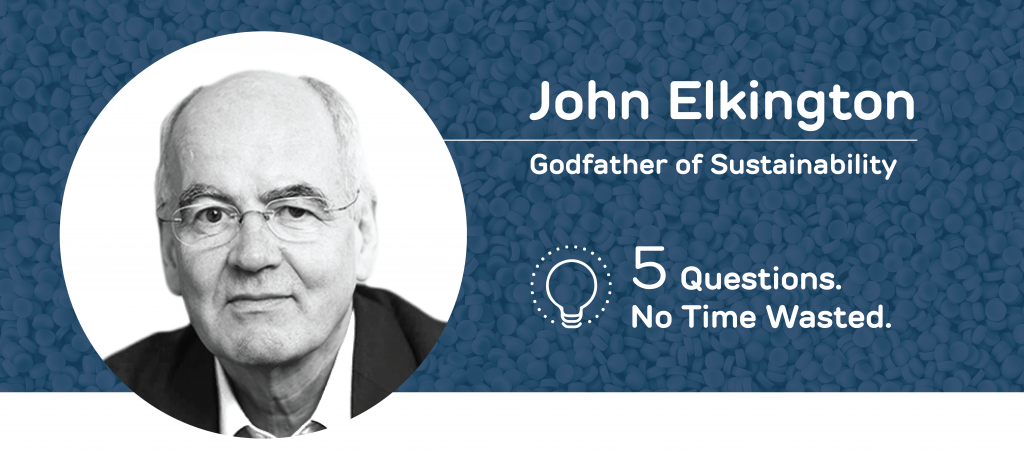1. What role do IP-based enterprises play in a country as innovative as Israel?
With a contribution of more than 1/3 of the GDP and 80% of the cumulative value of publicly traded companies, IP has become a key economic driver of the modern economy. It is true globally but even more so in an innovative and, hence, IP-rich country such as Israel. And accordingly, IP-based enterprises have become the growth engine of the Israeli economy with export from these enterprises exceeding that of traditional ones. Also, the export of IP per se in the form of licensing and M&A (which is a de facto export of IP) has contributed more than any other factor to the conversion of Israel into a net creditor country, with very high foreign reserves per capita and with a very strong currency. It is IP-based enterprises that made it all happen.
2. How can an IP-based enterprise contribute to the 2030 Agenda for Sustainable Development?
Sustainable development requires novel, multidisciplinary, innovative solutions with many parties joining forces and contributing their innovations to a common goal. Every enterprise has a role to play in the future circular economy and IP-based enterprises should change their mindset from using IP as a defensive or offensive tool to the use of IP as a basis for collaboration.
3. From your experience, what are investors and shareholders looking for today?
While in the past, investors in and shareholders of enterprises looked almost exclusively for capital gains, more and more investors nowadays look for an impact to achieve social, environmental or sustainable goals.
4. As one of the leading IP practitioners in Israel, what got you interested in UBQ Materials?
UBQ combines strong IP, very high business potential and huge environmental impact. It was clear from the start that IP strategy would play a key role in UBQ’s road for success and I was very pleased to lead this IP strategy.
5. How significant is UBQ’s IP?
UBQ’s revolutionary waste-processing technology gives rise to a new thermoplastic material with unique properties that is the most climate-positive thermoplastic material on the planet. UBQ has a worldwide patent that provides very robust and broad patent protection over the process and the resulting product. The scope of protection is of such a breadth that it would be impossible for competitors to process waste in this manner and manufacture a product with similar properties. The significant patent protection provides the company with a proprietary position of very high business value.


